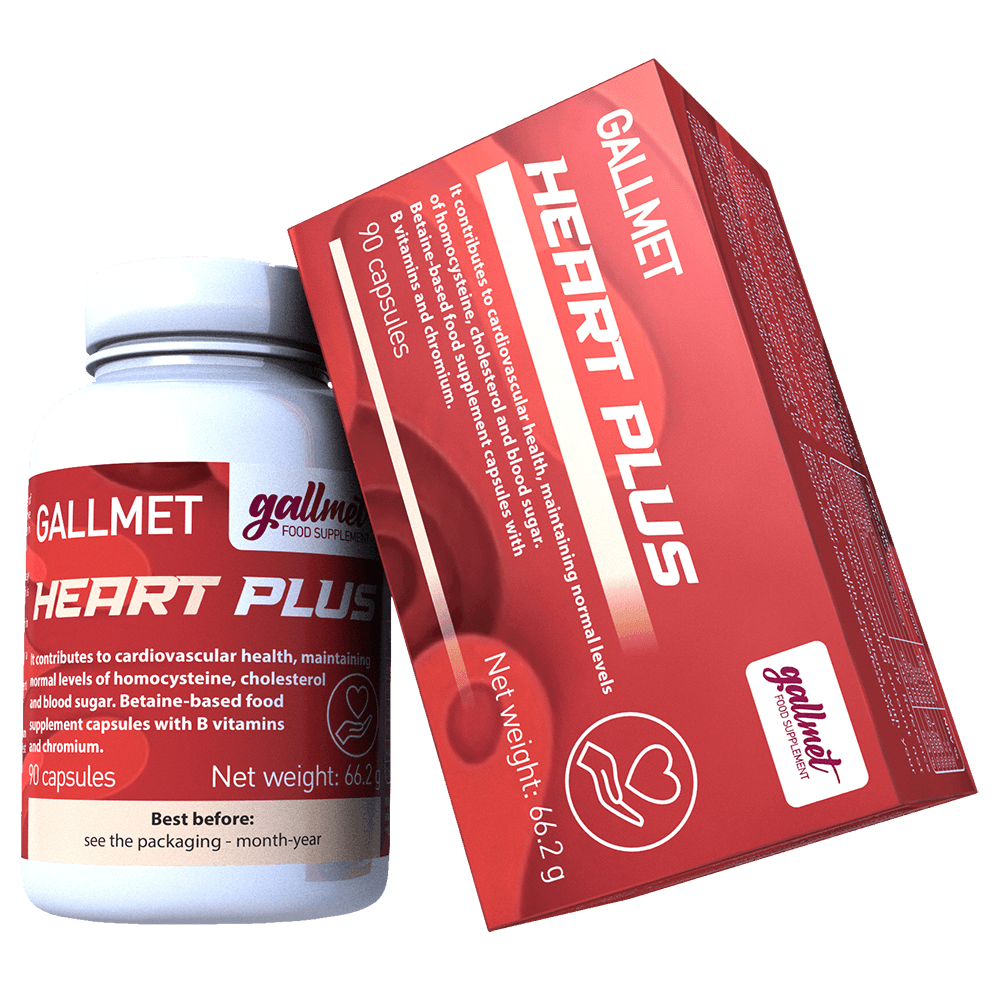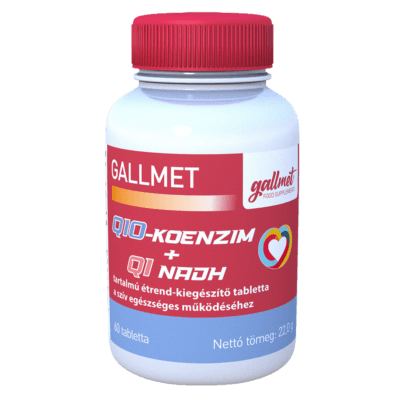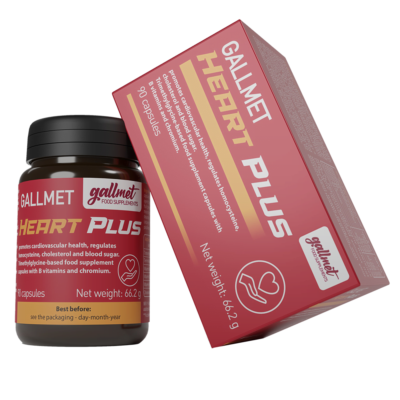Tumour diseases and cancer associated with insufficient vitamin B9 (folate) utilisation

What is the link between folate, homocysteine and cancer?
Homocysteine is an amino acid that is essential for normal cell function, but high homocysteine levels have undesirable effects. These include the symptoms listed below, but in addition to these, over 100 diseases or conditions, mainly cardiovascular, have been identified that are associated with elevated blood plasma homocysteine levels, including cancers.1
Read more HERE about homocysteine!
A defect in the gene at base 677 of the MTHFR gene impairs the function of the enzyme that regulates homocysteine levels. This MTHFR C677T gene mutation is associated with and has a significant association with the incidence of the following cancers:
For women:
- Uterine cancer,
- abnormal cells growing on the surface of the cervix (cervical intraepithelial neoplasia), which can later develop into cervical cancer,
- breast cancer,
- ovarian cancer (mainly in women of Asian origin).2
For both women and men:
- Stomach cancer,
- bladder cancer,3
- oesophageal cancer.4
Low blood folate levels are significantly associated with cervical cancer risk. The a gene defect at base 1298 of the MTHFR gene may increase the risk of both cervical cancer and abnormal cells growing on the surface of the cervix (cervical intraepithelial neoplasia).5
What are the chances that I have inherited faulty genes?
How do I know for sure if my homocysteine level is high?
- Laboratory tests: Synlab
What can we do to prevent the development of different types of cancer?

The folate intake of Central European people is also very low (spinach and legumes contain the highest amounts) only is about a third of the value in the dietary recommendations.7 Diets low in folate and betaine increase the likelihood of certain cancers, but supplementing with folate can be an effective way of preventing cancer.
💊The GALLMET HEART PLUS food supplement capsule contains folate (vitamin B9), betaine, vitamins B6 and B12, and herbal extracts in such amounts that contribute to the proper levels of homocysteine in the body, because:
There are two ways to get rid of excess homocysteine:
- It is converted into methionine by the body in the presence of vitamin B12 and folate, using two enzymes (MS and MTHFR).
- It is converted by an enzyme in the liver (BHMT) - with the help of betaine and vitamin B6 - which can then be excreted in the urine.8
The risk of developing colon and rectal cancer can be reduced by 20-40% in people who consume adequate amounts of folate or have high blood plasma folate levels. Blood folate levels even within the normal range affect the incidence of tumours. In individuals with levels at the upper end of the healthy range (≥31.04 nmol/l), the risk of developing colorectal cancer is approximately half that of those with lower values (≤12.23 nmol/l).9
It should be noted that many products containing vitamin B9 contain folic acid, while the bioavailability of folic acid is not the same as natural folate in patients with common gene defects - MTHFR 1298C and C677T. Folic acid does not directly reduce homocysteine levels but can cause kidney damage and, unlike natural folate, does not cross the blood-brain barrier!10
TRY GALLMET HEART PLUS CAPSULES NOW AT A SPECIAL INTRODUCTORY PRICE!
Click on the [print-me] icon to print the page
[1] Physiological and pathophysiological significance of vitamin B9 - Sára Zsigrai, Alexandra Kalmár, Gábor Valcz, Krisztina Andrea Szigeti, Barbara Kinga Barták, Zsófia Brigitta Nagy, Péter Igaz, Zsolt Tulassay and Béla Molnár https://akjournals.com/view/journals/650/160/28/article-p1087.xml
[2] MTHFR C677T polymorphism and risk of esophageal cancer: an updated meta-analysis - Pradeep Kumar, Vandana Rai https://www.sciencedirect.com/science/article/pii/S1110863018300570
[3] The association between MTHFR polymorphism and cervical cancer - Jiao-Mei Gong, Yong Shen, Wan-Wan Shan and Yan-Xia He https://www.nature.com/articles/s41598-018-25726-9
[4] Physiological and pathophysiological significance of vitamin B9 - Sára Zsigrai, Alexandra Kalmár, Gábor Valcz, Krisztina Andrea Szigeti, Barbara Kinga Barták, Zsófia Brigitta Nagy, Péter Igaz, Zsolt Tulassay and Béla Molnár https://akjournals.com/view/journals/650/160/28/article-p1087.xml
[5] The role of homocysteine in the pathogenesis of early-onset ischaemic heart disease - Dr. Lajos Szollár http://real.mtak.hu/62/1/34815_ZJ1.pdf
[6] Assessment of plasma homocysteine levels in ischaemic heart patients - Dr. László Márk, Dr. Ferenc Erdei, Dr. János Márki-Zay, Dr. Erika Nagy, Dr. András Kondacs and Dr. András Katona - Orvosi hetilap_2001.07.29. http://real-j.mtak.hu/11264/
[7] Physiological and pathophysiological significance of vitamin B9 - Sára Zsigrai, Alexandra Kalmár, Gábor Valcz, Krisztina Andrea Szigeti, Barbara Kinga Barták, Zsófia Brigitta Nagy, Péter Igaz, Zsolt Tulassay and Béla Molnár https://akjournals.com/view/journals/650/160/28/article-p1087.xml
[8] New Evidence for Homocysteine Lowering for Management of Treatment-Resistant Hypertension - Merrill F. Elias and Craig J. Brown https://academic.oup.com/ajh/article/35/4/303/6475983
All health recommendations related to homocysteine level

Homocysteine
About homocysteine - a little biochemistry and history
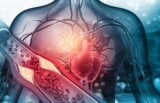
Circulatory disorders
Association of cardiovascular diseases with homocysteine levels
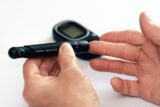
Diabetes
Association between diabetes and blood homocysteine levels

Metabolic syndrome
Association between metabolic syndrome and homocysteine levels

Gout
Association of gout with kidney damage and homocysteine levels in the blood

Neuro-degenerative diseases
In case of Alzheimer's disease, Parkinson's disease and dementia

Coronavirus infection
Association between severe coronavirus infection and high homocysteine levels

Cancer
Association of cancer with insufficient vitamin B9 utilisation

Folic acid or folate
Folic acid or folate - what's the difference?


